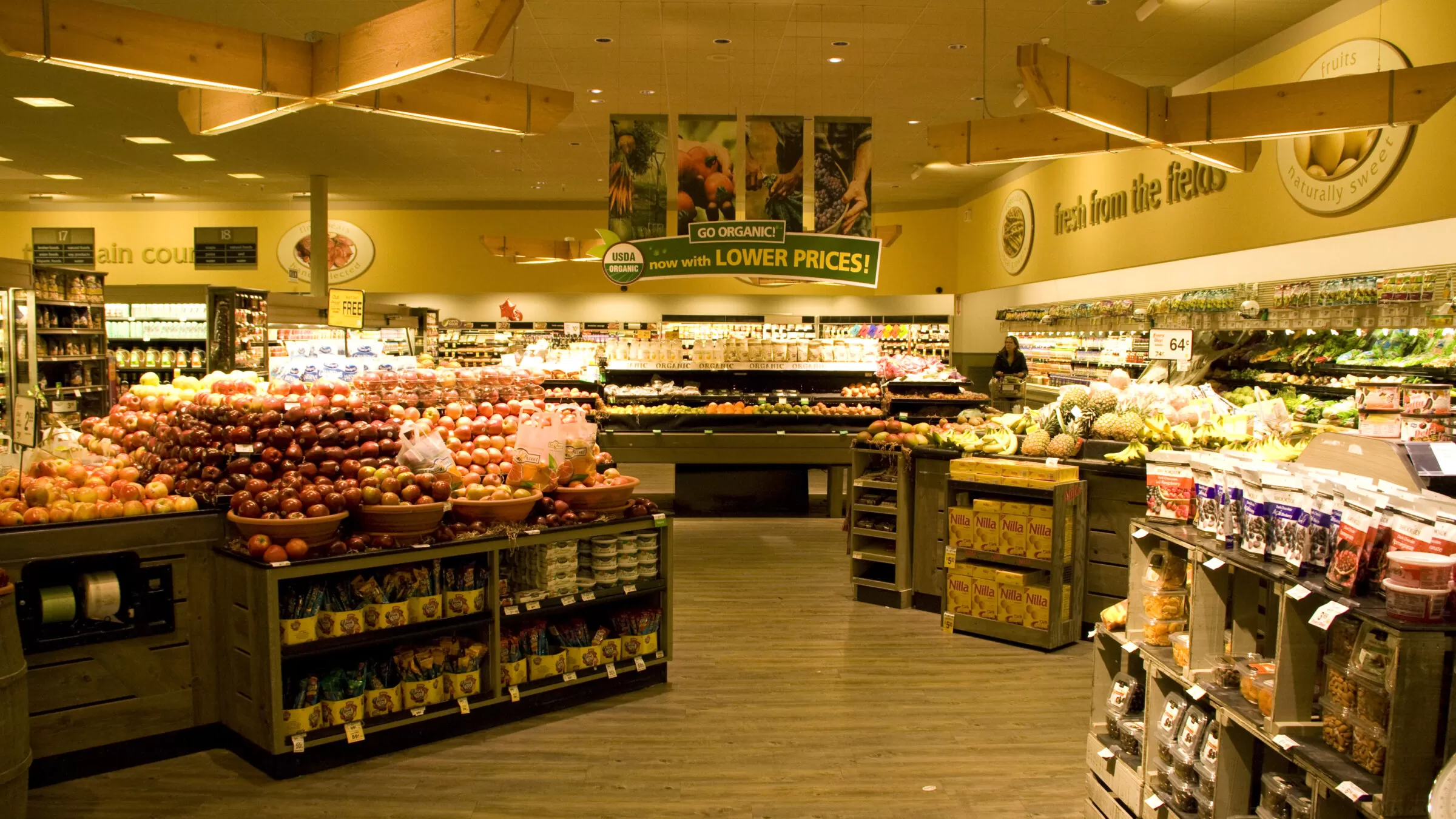Grocery Store Owners Say That Pandemic Hazard Pay Laws Are Putting Them Out of Business
Hazard pay ordinances mandating wage premiums for grocery store workers during the pandemic are spreading across the West Coast. Following them are store closures and complaints from owners that these new laws will soon put them out of business.
On Tuesday, Quality Food Centers (QFC), a Kroger-owned supermarket chain, announced it would be closing two of its Seattle locations. The decision, the company says, was "accelerated" by the city's new mandate that large grocery stores pay their employees an additional $4 per hour.
"When you factor in increased costs of operating during the COVID-19, coupled with consistent financial losses at these two locations, and this extra new pay mandate, it becomes impossible to operate a financially sustainable business," said the company in a press release.
That ordinance was passed unanimously by the Seattle City Council in late January and went into effect earlier this month. It is set to last as long as the city's declared COVID-19 emergency is in effect. It applies to all grocery stores that are larger than 10,000 square feet and are operated by companies with more than 500 employees globally.
Kroger's store closures in Seattle mirror its actions in Long Beach, California, where the company also closed two poorly-performing stores following the city's passage of a near-identical $4-an-hour "hero pay" law for grocery store workers.
Those aren't the only stores that could be on the chopping block. Everywhere pandemic hazard pay policies have passed, store operators are warning they'll soon be out of business too.
In court filings in a federal lawsuit challenging Seattle's hazard pay ordinance, two owners of Grocery Outlet stores, a discount grocery chain, said the city's mandated $4-per-hour wage premium is forcing them to operate at a loss.
Steve Mullen, an owner of a Grocery Outlet in Seattle's Madrona neighborhood, said that the hazard pay law is costing him an additional $20,000 in labor costs each month.
"The store does not make that much on a monthly basis and [the hazard pay ordinance] will push the store into a significant deficit," said Mullen in court filings tweeted out by independent Seattle journalist Kevin Schofield. "I cannot continue to operate a store that is consistently unprofitable. If losses occur as predicted, I will likely be forced to close the Madrona Grocery Outlet store."
It's the same story for Michael Sandberg, the owner of a Grocery Outlet in Seattle's Lake City area, who said the city's new law will increase his costs of employing his current 22 employees by about $10,000 a month.
"The store does not make nearly that much" per month, wrote Sandberg in a court filing for the same lawsuit. "Paying the mandatory hazard pay will cause the Lake City Grocery Outlet store to go into the red."
Mullen and Sandberg's declarations are part of a lawsuit being brought by the Northwest Grocery Association and the Washington Food Industry Association, two trade groups representing grocers, against the city of Seattle in the U.S. District Court for the Western District of Washington.
Source: Reason






